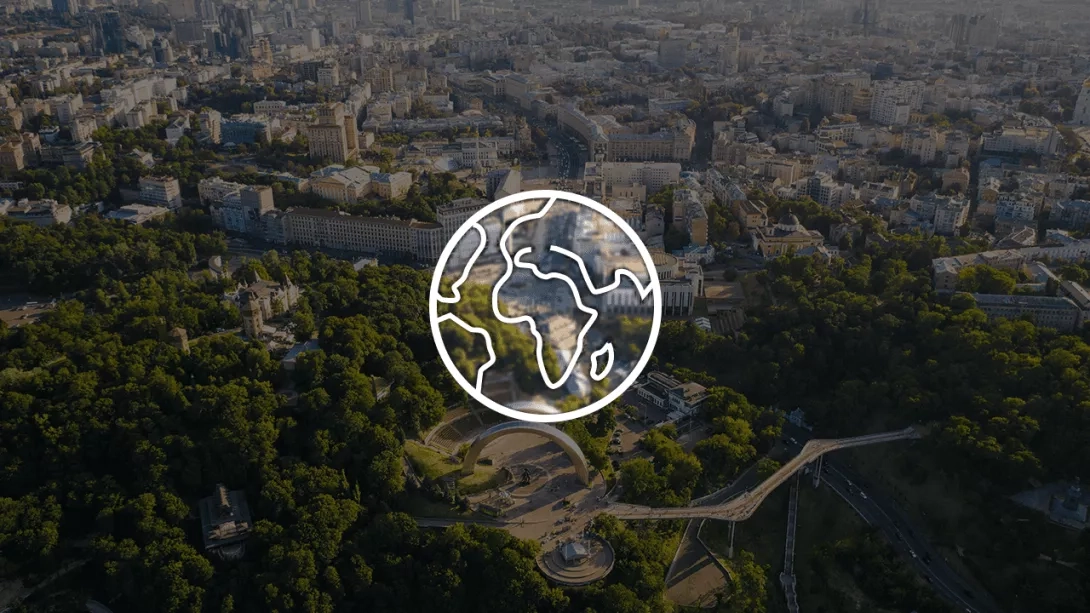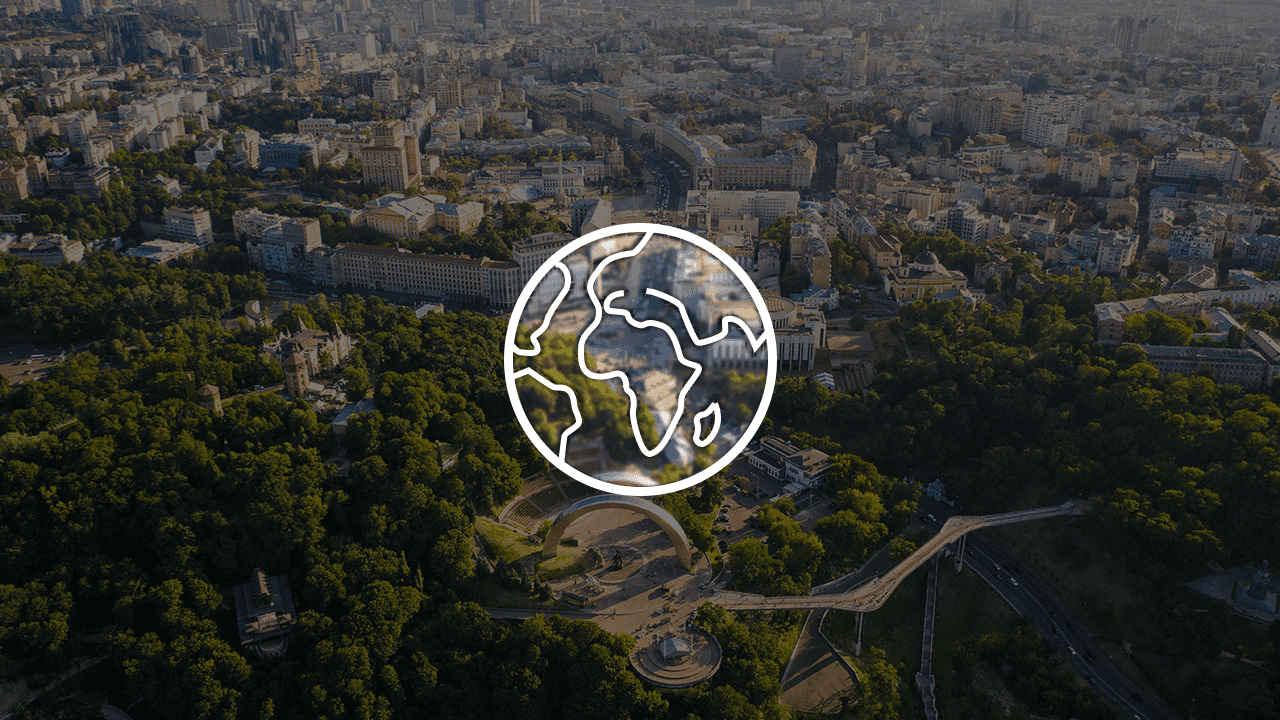Drinking the best tap water in the world
Access to clean drinking water is a fundamental human right, yet it is estimated that over 2 billion people worldwide do not have access to safely managed drinking water services. While many countries have made significant progress in improving water quality and access, there is still much work to be done.

In this blog post, we will take a look at the top 10 countries with the cleanest tap water in the world. We will also discuss how to recognize good tap water quality and the health effects of contaminated water.
| Country | Reasons for Healthy Tap Water |
|---|---|
| Switzerland | Stringent regulations, advanced purification systems, abundant natural springs |
| Norway | High-quality natural sources, strict water management, minimal pollution |
| Luxembourg | Advanced treatment plants, well-protected water sources, robust infrastructure |
| New Zealand | Pristine natural sources, effective water management, low population density |
| Finland | Comprehensive monitoring, advanced technology, clean natural sources |
| Denmark | Strict regulations, efficient water utilities, high-quality groundwater |
| Canada | Extensive freshwater resources, advanced treatment technologies, rigorous standards |
| Austria | High-quality mountain springs, effective filtration systems, strict regulations |
What makes good tap water?
Good tap water is determined by several key factors, including its taste, purity, mineral content, and safety for human consumption. The best tap water in the world is typically free from contaminants, has a balanced mineral composition, and tastes fresh. Country with cleanest tap water often have advanced water treatment systems and strict regulations that ensure high-quality water delivery to households. Factors such as the source of water—including mountain springs, natural reservoirs, and glacial runoff—also play a significant role in maintaining superior tap water quality.
Technological advancements in water purification, as well as consistent government monitoring, contribute to countries having the best water quality in the world. Soft water, with lower mineral content, is often preferred for drinking and daily use. Countries with soft water tend to experience fewer issues related to limescale buildup, making their water even more appealing.
How is tap water quality measured in different countries?
There is no single global standard for measuring tap water quality. However, most countries have their own water quality standards that are based on the World Health Organization's (WHO) Guidelines for Drinking-water Quality. These guidelines set out maximum allowable levels of contaminants in drinking water, such as bacteria, viruses, and chemicals.

21 countries with the purest, best tasting tap water in the world
Here’s a look at the top 21 countries with the cleanest and safest tap water, known for offering the best tap water quality in the world:
- Switzerland: Renowned for pristine lakes and advanced water treatment systems, Switzerland consistently ranks as a country with the best water quality.
- Norway: Freshwater from glaciers and effective purification processes make Norwegian tap water some of the purest.
- Iceland: With water sourced directly from glacial springs, Iceland has soft, naturally filtered tap water.
- Denmark: Denmark’s groundwater resources are rigorously protected, ensuring clean and safe tap water.
- Austria: Known for its fresh Alpine water, Austria boasts some of the best-tasting tap water in the world.
- New Zealand: With its natural springs and rainwater systems, New Zealand’s tap water is both clean and delicious.
- Finland: Finland’s tap water comes from unpolluted lakes and is carefully treated for safety.
- Sweden: Clean reservoirs and effective treatment make Sweden a leader in tap water quality.
- Canada: Abundant freshwater resources contribute to Canada’s reputation for clean tap water.
- Germany: Advanced filtration systems and strict standards ensure Germany has safe tap water.
- Netherlands: The Netherlands’ high-tech water purification methods provide residents with great-tasting tap water.
- France: While bottled water is popular, many regions in France have exceptionally clean tap water.
- Ireland: Ireland’s soft, clean tap water is sourced from protected catchment areas.
- Japan: Rigorous safety standards make Japan’s tap water among the safest and purest in Asia.
- Singapore: Singapore’s advanced water recycling and purification technologies deliver high-quality tap water.
- United Kingdom: Many regions in the UK, especially Scotland, offer great-tasting, clean tap water.
- United States: Certain states, like Oregon and Minnesota, are known for their excellent tap water quality.
- Australia: Clean sources and reliable treatment make tap water in many Australian cities safe and refreshing.
- Belgium: Improved filtration processes have elevated Belgium’s tap water quality.
- South Korea: Advanced treatment facilities provide safe and clean tap water in major cities.
- Spain: Some regions, particularly in the north, have high-quality tap water.
What factors influence the quality of tap water in a particular region?
There are a number of factors that can influence the quality of tap water in a particular region, including:
- Source water quality: The quality of the source water is the most important factor in determining the quality of tap water. Source water can come from a variety of sources, including lakes, rivers, groundwater, and rainwater. If the source water is contaminated, it will be more difficult and expensive to treat it to a safe standard.
- Water treatment infrastructure: The quality of tap water also depends on the quality of the water treatment infrastructure. Water treatment plants use a variety of processes to remove contaminants from water, such as filtration, disinfection, and chemical treatment. If the water treatment infrastructure is not adequate, tap water may not be safe to drink.
- Distribution system: The distribution system is responsible for delivering tap water from the water treatment plant to homes and businesses. If the distribution system is not well-maintained, contaminants can get into the water.

Unpleasant tap water taste?
Even in countries with best water quality, taste can sometimes be an issue. Hard water, with high levels of minerals such as calcium and magnesium, can leave an unpleasant taste. Additionally, chlorine used for disinfection may affect the flavor of tap water. In some cases, aging pipes can contribute to undesirable tastes and odors.
If you’re looking for countries with the best tap water quality, opting for regions with natural filtration processes—such as glacial runoff—can make a significant difference. Countries with soft water are particularly appealing as they offer a smoother taste without mineral interference.
Homeowners facing unpleasant tap water can improve its taste by using water filters or reverse osmosis systems. These solutions help remove chlorine, sediments, and other impurities that affect the taste and quality.
Are there health risks associated with poor tap water quality?
Yes, there are a number of health risks associated with poor tap water quality. Contaminated water can contain a variety of pathogens, including bacteria, viruses, and parasites. These pathogens can cause a range of illnesses, including diarrhea, cholera, typhoid, and dysentery. Contaminated water can also contain chemicals that can cause cancer and other chronic health problems.

What can individuals do to ensure the safety of their tap water at home?
There are a number of things that individuals can do to ensure the safety of their tap water at home, including:
- Run the tap for a few seconds before using it: This will flush out any stagnant water that may have accumulated in the pipes.
- Use a water filter: Water filters can help to remove contaminants from tap water. However, it is important to choose a filter that is certified to remove the specific contaminants that you are concerned about.
- Boil water before drinking it: Boiling water will kill most bacteria and parasites. This is especially important if you are traveling to a country with poor tap water quality.

Top ten countries with the cleanest water
Here is a list of the top 10 countries with cleanest tap water in the world, according to the World Economic Forum:
- Finland
- Iceland
- Switzerland
- Canada
- New Zealand
- Greenland
- Colombia
- Singapore
- Sweden
- Germany
What about everywhere else?
Not all countries have access to the best water quality in the world. Many regions face challenges such as pollution, inadequate infrastructure, and limited water treatment capabilities. In these areas, tap water quality by country can vary significantly.
Countries with the best water quality without widespread access to clean drinking water often rely on bottled water or household filtration systems to ensure safety. Despite these challenges, global efforts are being made to improve access to clean water through technological advancements and international cooperation.
For those seeking the cleanest tap water in the world, traveling to countries with strong environmental protections and advanced water treatment systems remains a reliable choice.
Conclusion
Having access to clean drinking water is essential for good health and well-being. If you are fortunate enough to live in a country with clean tap water, be sure to appreciate it and take steps to protect it. If you are concerned about the quality of your tap water, you can use a water filter or boil water before drinking it.
Faqs
-
What can individuals do to ensure the safety of their tap water at home?
Here are some things you can do to ensure the safety of your tap water at home:
- Run the tap for a few seconds before using it.
- Use a water filter that is certified to remove the specific contaminants you are concerned about.
- Boil water before drinking it, especially if you are traveling to a country with poor tap water quality.
If you have any questions or concerns about the safety of your tap water, please contact your local water utility
-
Are there health risks associated with poor tap water quality?
Yes, poor tap water quality can cause a variety of health problems, including diarrhea, cholera, typhoid, and dysentery. Contaminated water can also contain chemicals that can cause cancer and other chronic health problems.
-
How to recognize good tap water quality?
Good tap water should be clear and colorless, with no odor or taste. It should also be free of any visible particles.
-
How much water should I drink a day?
The amount of drinking water you need to drink each day depends on a number of factors, including your age, activity level, and climate. However, a good general rule of thumb is to drink eight glasses of water per day.









